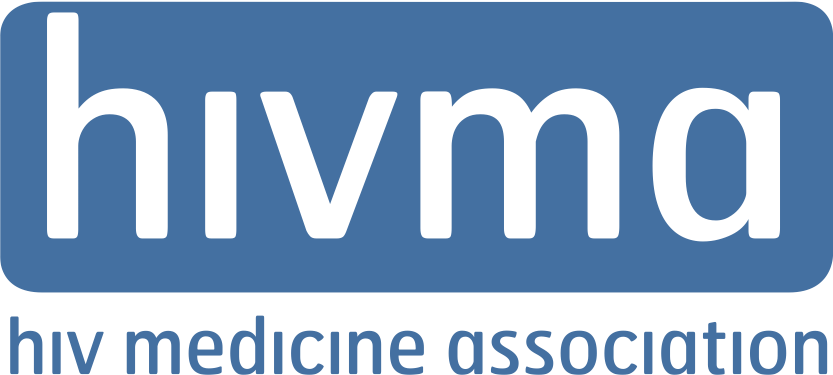IDSA/HIVMA Statement on Changes to CDC Guidance
IDSA and HIVMA call for the immediate reversal of the abrupt revision of the CDC COVID-19 testing guidelines which diminish the importance of testing asymptomatic individuals who were exposed to COVID-19. The revision is concerning, particularly as the United States continues to lead the world in confirmed cases and deaths, with more than 5.8 million cases and nearly 180,000 lives lost to the virus. Evidence has clearly indicated that asymptomatic persons play a significant role in transmissions. Identifying individuals infected with COVID-19—even if they are asymptomatic—is critical to support appropriate isolation and identification of contacts, to limit spread, and to provide the data-driven, comprehensive view of community spread needed to inform effective public health responses. In addition to individuals with known contact with someone who has tested positive, other groups of asymptomatic individuals are also important to test, such as those who work in nursing homes or in other industries with high risks of transmission. Testing of asymptomatic children may also be critical to support safe reopening of schools.
Testing capacity has remained a major concern throughout the pandemic, with marked differences in total numbers of tests run and turnaround time from community to community. Given the shortages in testing supplies and personnel, IDSA does prioritize testing for symptomatic individuals. However, as a nation our goal should be to expand testing capacity to allow for testing of all recommended individuals, including asymptomatic people who have been exposed.
It is essential that public health guidelines be rooted in the best available scientific evidence. Testing asymptomatic individuals who have been exposed to a person with COVID-19 remains a critical evidence-based strategy for containing the pandemic and reducing transmission. IDSA stands behind our guideline on the diagnosis of COVID-19.

